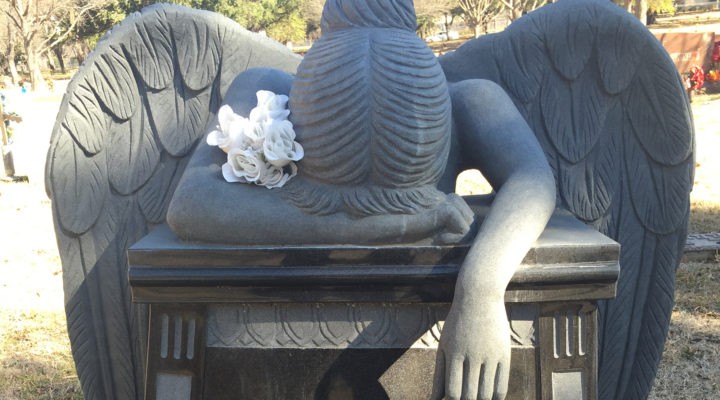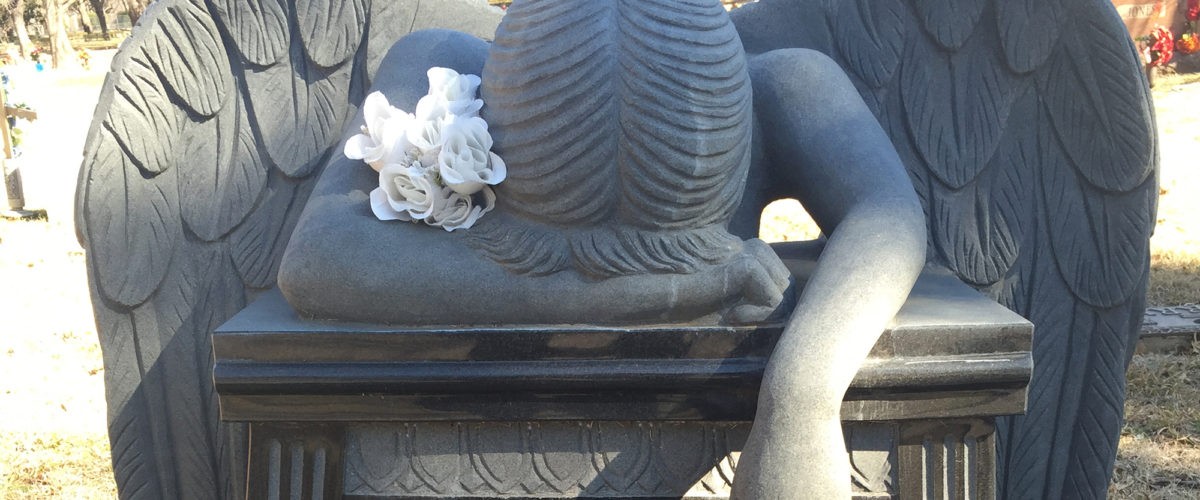On a recent day in Washington, D.C., thousands of evangelicals, almost all of them white, gathered to a rally and to sing praise and worship music. One image that sticks in my head is a group surrounding Michael W. Smith, who was playing the piano and leading a song. In my house, an image of Brother Smith leads to a sing-along of the music from the classic youth group musical “Friends Forever.” Twenty-five years later, my wife and I remember most of the lyrics.
I’m not bothered by people gathering in prominent locations to voice their beliefs. I exercise my right to do so on a regular basis. I am, however, interested in the arc of those beliefs and the kind of story such gatherings tell. Especially at a crucial moment in United States political history, what do images of white Christians gathered around a piano tell us? And what were they singing anyway?

Greg Jarrell
Songs are the surest way to teach theology. That’s why Luke has Mary sing the Magnificat. Memory and learning are closely tied to music. I have a head full of hymns to prove it, verse after verse from the 1975 Baptist Hymnal that made up the soundtrack of my childhood. Nestled beside those, and likely to come out at any moment, are hours of praise and worship choruses from youth group and college experiences, and more youth camp chaperone trips than I care to remember.
I’m more likely to spend Sunday mornings with John Coltrane than a guitar-strumming praise band now, but I know the music. And from all that is stored within me, I know of at least one large theological gap: lament. Those songs are filled with love and repentance and praise and thanksgiving, but rarely if ever do they touch on lament.
The testimony of the Scriptures is not like this. About 40% of the Psalms are psalms of lament. Even those that are not fully lamentations contain elements of the Old Testament’s language of protest in faith. The prophet Jeremiah’s book is filled with lament, and the book right after his is called “Lamentations.” The Gospels touch on this sort of language as well — you might think of the disciples weathering a storm with Jesus asleep in the boat. “How long do you intend to sleep? Until we die?” they ask. The disciples knew the Psalms.
“Lament is grief that turns into an uprising.”
The word “lament” is back in more regular usage now, but it is generally used interchangeably with “grief.” The two are related, but they are not the same. Grief is sadness. It is sometimes overwhelming, sometimes isolating, always important. Lament is grief that turns into an uprising. It is grief in covenantal relationship. In the context of faith, the one voicing the lament begins making demands on a just God to do something.
For the psalmists, the issues at hand are sometimes personal, perhaps an illness or a dark night of the soul. But just as frequently they are political and systemic problems that require political and systemic answers and calling on the intervention of a just God who already should have defended the poor and needy.
The occasion for a lament prayer is that things are not right, things that a God who covenants with the enslaved Israelites in Egypt, or the besieged people of Jerusalem, ought already to have fixed. The issues persist, and the God of the oppressed remains silent and out of the picture, so grown-up faith starts making demands. The lament psalms have no time for domesticated faith or pious pontifications, no timid trivialities or subservient sentimentalities.
The loss of this language in so many church contexts — especially in white church contexts —has far-reaching consequences. In a classic article called “The Costly Loss of Lament,” Old Testament scholar Walter Brueggemann points to how religious speech works.
“The articulation of religious problems,” he says, “… always carries with it a surplus of economic, political and social freight.” Talking to God, in other words, engages a relationship with unusual power dynamics. One party is God, the other, as in Psalm 8, “a little lower than God.” Both are in a covenant that makes demands on the other. When God fails to do God’s part — which is to say, when injustice persists, when the innocent suffer, when the oppressed cry out and receive no answer — then the responsibility of the faithful is to rise up against God. That is what the lament psalms do.
“The speech of the lament psalms is politically charged.”
Language that stirs an uprising against God is loaded, as Brueggemann points out. And its grief and ire extend from the heavenly throne to earthly ones. The speech of the lament psalms is politically charged. It steels the spine to face any party who remains silent in the face of human suffering, or who causes it. If the faithful will demand action of God, then making demands of a king or emperor or president is far easier.
Among the offensive things about those images of Michael W. Smith and the throng of evangelicals around his piano is how docile they are. All those years of praise and worship, of failing to engage in the demanding nature of covenantal relationship, has made them putty in the hands of a mad king. Near the shadow of the White House, they sing praise songs while their political heroes lock children in cages and demand that the elderly (surely Michael W. Smith himself is near this category?) sacrifice themselves for the economy.
Christian worship has formed this docility, but God rightly worshiped does not aim to make us compliant. We’ve seen that in the streets all summer, where people of many faiths, including Christians, have built altars and written icons and stirred up trouble and refused to swallow their grief in the name of being nice.
The movement in the streets is being led by Black people, many of whose churches have kept a raucous faith alive for generations, and who have no intention of backing down now. For those of us discipled into sentimentality masquerading as Christianity, the moment for waking a God who sleeps, and for joining that God to remove an authoritarian despot who maims and kills and destroys, is now.
Greg Jarrell serves at QC Family Tree in Charlotte, N.C. His latest book is A Riff of Love: Notes on Community and Belonging.
Related articles:
Worship event on National Mall illustrates merger of evangelical music and politics
My journey through purity culture and Christian worship music


